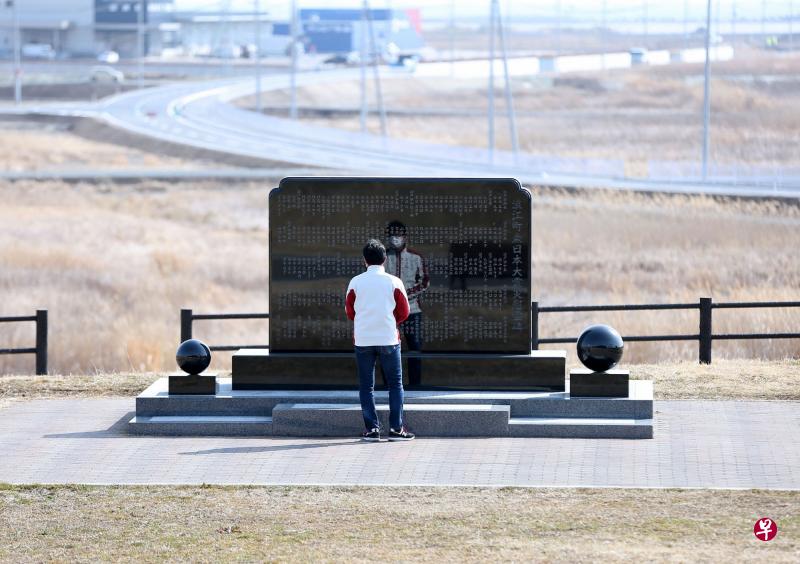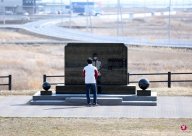
East Japan earthquake has passed for 11 years, and there are still there are still there are still there are still there are still there are still there are still there are still in the East Japan earthquake.Nearly 40,000 victims could not return to their homes.Among the three major disaster areas in Fukushima Prefecture, Miyagi Prefecture, and Iwate County, Fukushima recovered in nuclear energy accidents is the slowest.Facing the nuclear issue of the mountain, Japanese Prime Minister Kishida Yoshio vowed yesterday to be responsible for the end.
At 2:46 pm on March 11, 2011 (Singapore time at 1.46), a large -scale earthquake and large -scale tsunami occurred in East Japan, impacting Fukushima, Miyagi, and Iwate County.Volume the precious life of more than 20,000 people.Each disaster area has been rebuilding and strengthening the hardware facilities, but the grief of the loss of love is lingering.
Tian Wenxiong, Nikki Shore, attended the memorial service of the Fukushima area yesterday. While soothe the victims, pay attention to the nuclear radiation issues facing the local area.He pointed out that "nuclear disasters require a medium and long -term correspondence, and the government will take responsibility for this issue. We will do our best to improve the environment, support industrial development, and improve people's livelihood."
He shows that the government willContinue to purify Fukushima's nuclear pollution areas to return more victims to their homes.At the same time, the "Fukushima Innovation Coast Concept" has also been introduced to develop new energy hydrogen and robotics industries, hoping to look forward to the future of Fukushima.
The amount of fishing around Fukushima is only 20%before the earthquake
Asahi Shimbun pointed out yesterday that the nuclear radiation problem of the Fukushima first nuclear power plant causes fisheriesThe far -reaching influence, the surrounding fishing amount is 20%before the earthquake.In addition, the nuclear power plant generates a large amount of radiation sewage, and the government decides that the sewage that cannot be stored in tomorrow will be poured into the sea, which further causes trouble to fishermen.
The Japanese government has repeatedly emphasized that "the treated water is no problem and is scientifically safe, but this statement failed to persuade fishermen. The Asahi survey showed that Fukushima, Miyagi Prefecture, and Ibaraki CountyThe Fisheries Association is dissatisfied with this approach. These fishermen are worried that this move will damage the credibility of the fisheries.



